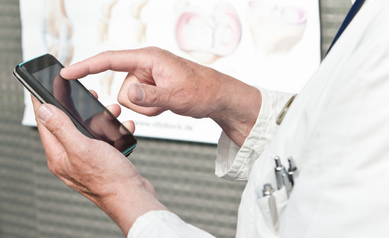Explore Our URMC & UR Research Labs
Explore Our URMC & UR Research Labs
The University of Rochester Medical Center and University of Rochester are home to more than 3,000 researchers and 500+ labs dedicated to scientific research. Our researchers study common and rare illnesses - from cancer and heart disease and Parkinson’s to pandemic Influenza and COVID-19. These efforts have led to therapies that have saved countless lives and improved human health locally, in the region, and across the globe.
Our research makes the world a better place.














